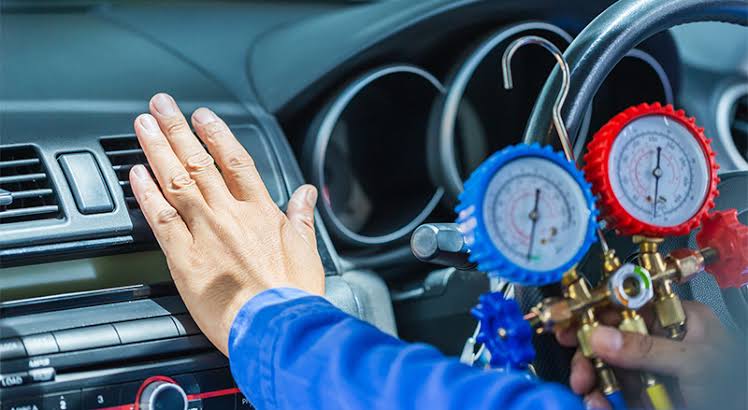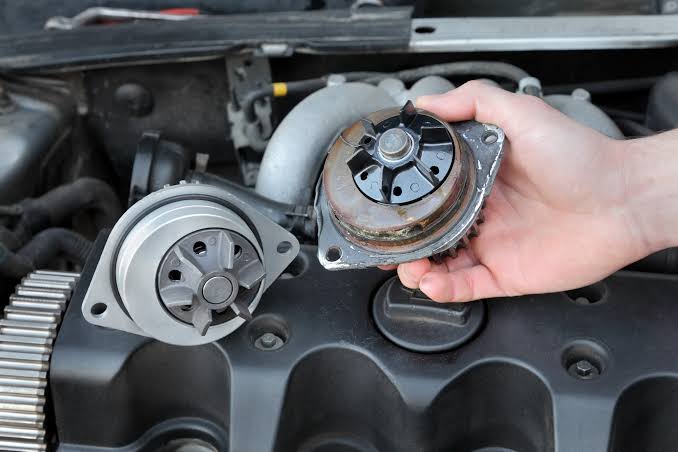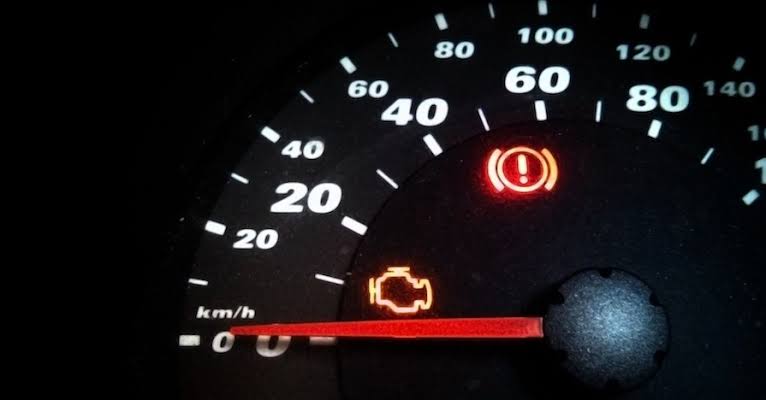Does Using AC in a Car Use Gas?

One common question among car owners is, “Does using AC in a car use gas?” The answer is yes, but the amount depends on various factors, including your car’s make, model, and driving conditions. Understanding how the air conditioning (AC) system operates and its impact on fuel consumption can help you use it more efficiently. In this article, we’ll explore the relationship between AC usage and gas consumption and provide tips to minimize its impact on your fuel economy.
How Does a Car’s AC System Work?
The Basics of Car AC
A car’s air conditioning system operates using a compressor, which is powered by the engine. When you turn on the AC, the compressor engages, drawing power from the engine to cool the cabin.
Key Components of the AC System
- Compressor: Compresses refrigerant gas into a high-pressure liquid.
- Condenser: Removes heat from the refrigerant.
- Evaporator: Absorbs heat from the car’s interior to cool the air.
Since the compressor relies on the engine, using the AC adds extra load, leading to increased fuel consumption.
Does Using AC Increase Fuel Consumption?
Yes, It Does Use Gas
The AC system draws power from the engine, which requires fuel to operate. This means using your car’s AC will increase fuel consumption, though the amount varies based on several factors.
Factors Affecting Gas Usage
- Driving Speed:
- At low speeds, AC usage has a more noticeable impact on gas consumption because the engine is working harder with less airflow.
- At highway speeds, the effect is less significant due to better engine efficiency and increased airflow.
- Outside Temperature:
- In hotter weather, the AC works harder to cool the cabin, increasing fuel usage.
- Car Type:
- Smaller engines may experience a greater impact on fuel economy compared to larger engines.
- Hybrid and electric cars rely on their battery systems for AC operation, reducing gas dependency.
How Much Gas Does AC Use?
The exact amount of gas used by the AC depends on your vehicle and driving habits, but studies estimate that running the AC can reduce fuel efficiency by 5% to 20%. For instance:
- City Driving: AC usage may have a greater impact due to stop-and-go traffic.
- Highway Driving: The impact is less significant, as the engine operates more efficiently.
Can Rolling Down the Windows Save Gas?
AC vs. Open Windows
While turning off the AC and rolling down the windows can reduce gas usage, it’s not always the best choice.
- At Low Speeds: Driving with windows down may save gas.
- At High Speeds: Open windows create aerodynamic drag, which can offset any fuel savings from turning off the AC.
What’s More Fuel-Efficient?
For optimal fuel efficiency:
- Use the AC at highway speeds.
- Roll down the windows in city traffic.
Tips to Minimize Gas Usage While Using AC
1. Use the AC Sparingly
Turn on the AC only when necessary, and try not to set it to the coldest temperature.
2. Pre-Cool the Car
Park in the shade or use a sunshade to keep your car cooler, reducing the need for excessive AC use.
3. Use Recirculation Mode
This mode recirculates the cooled air inside the cabin, reducing the workload on the AC system.
4. Maintain Your AC System
Regular maintenance ensures that your AC operates efficiently, reducing its impact on fuel consumption.
5. Optimize Fan Speed
Use the fan at a moderate speed instead of maxing out the AC.
Frequently Asked Questions
1. Does the type of car affect how much gas the AC uses?
Yes, smaller cars with less powerful engines may experience a more significant impact on fuel economy compared to larger cars. Hybrid and electric cars use battery power for AC, so they don’t rely as much on gas.
2. Is it better to use AC or roll down the windows?
It depends on your driving speed. At lower speeds, rolling down the windows is more fuel-efficient. At higher speeds, using the AC is better due to reduced aerodynamic drag.
3. Does turning off the AC improve fuel efficiency?
Yes, turning off the AC can improve fuel efficiency by reducing the load on the engine.
4. Can I reduce AC usage in hot weather?
Yes, parking in the shade, using sunshades, and venting hot air from the car before turning on the AC can help reduce its workload.
5. Does AC use more gas than heating?
Yes, AC typically uses more gas than heating, as the heater relies on the engine’s heat rather than additional power from the engine.
Conclusion
Using AC in a car does use gas, but its impact on fuel consumption varies depending on factors like driving speed, temperature, and car type. While rolling down the windows can save gas in some situations, using the AC at highway speeds is often more practical and comfortable.
To strike the right balance, use the AC efficiently by following the tips outlined above. With a little care, you can stay cool without significantly sacrificing fuel economy.
Also Check:
• Does Turning On the AC Waste Gas?





